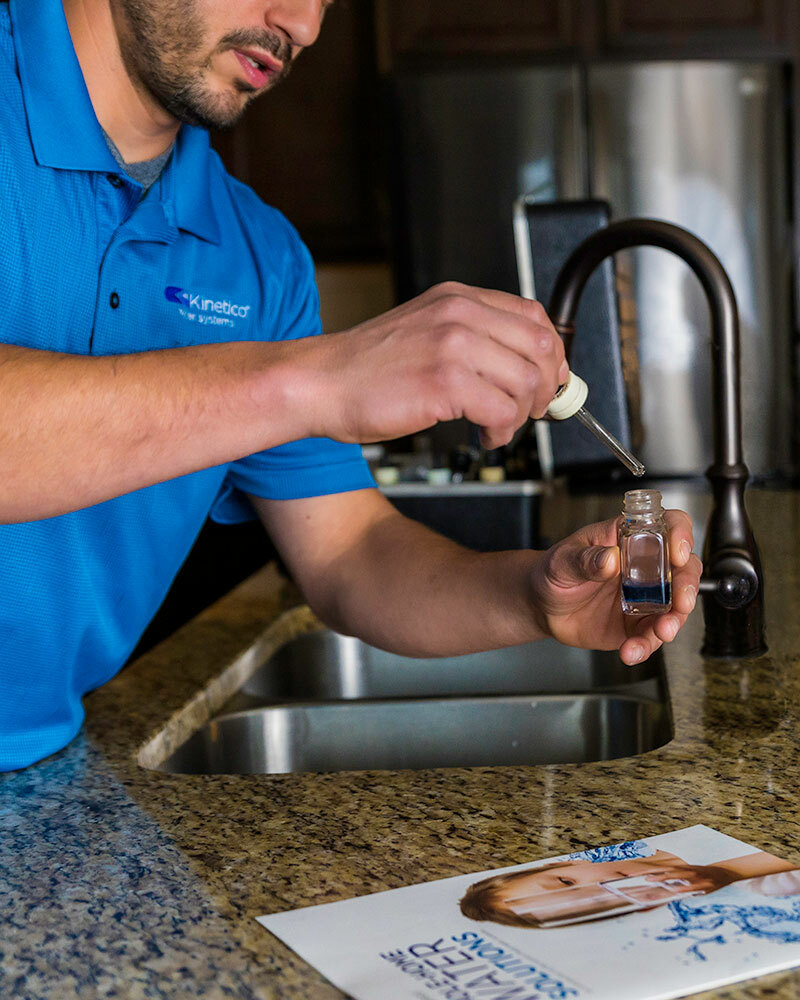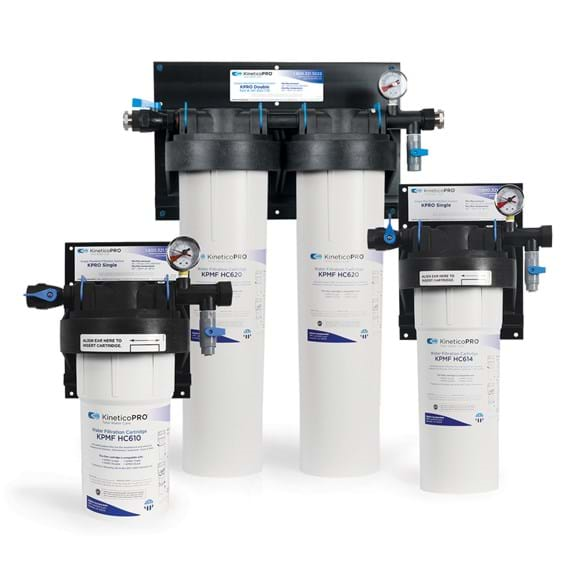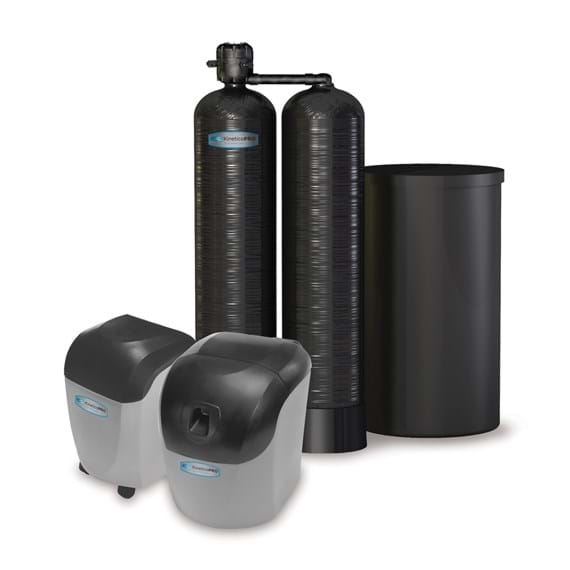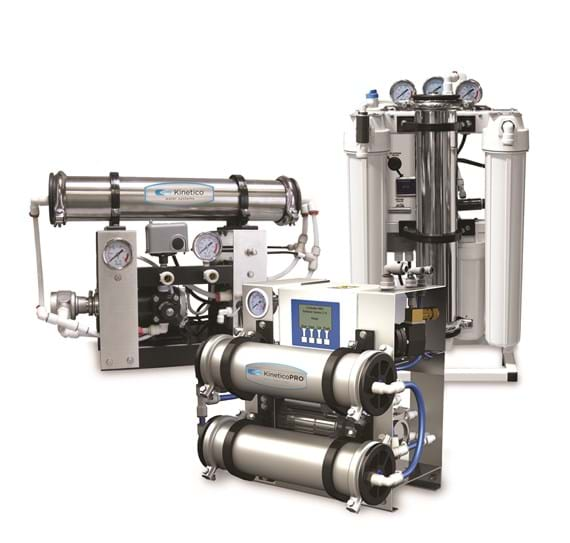Information is power.
Let’s reframe that, though; knowing what’s in your water is also the first step to getting better water. That’s where AAA Water Systems comes in.
Our AAA Water Systems technicians are trained to help you navigate the best and most cost-efficient way forward to great tasting, safe, and healthy water in your home, once you’ve got the information you need to move forward.
Tap into the Tap-Water Database

Free Water Testing

What’s included in the free test?

WATER HARDNESS
Whether you’re on well water or municipal water, most homes in the US receive hard water. Hard water can shorten the life of your water using appliances, make your hair and skin dry and itchy, make it difficult to clean the scale on your faucets and showers, and leave water spots on your dishes and your car after washing. This test will determine the level of hardness minerals dissolved in your water.

TOTAL DISSOLVED SOLIDS
This is an indication of the total amount of everything dissolved in your water that’s not water, which may include salts, minerals, chemicals, metals, or fluoride.

CHLORINE
A strong chlorine smell can be an indication of the over use of chlorine in your water. The right amount of chlorine kills bacteria, however, higher levels are toxic to people. This test will determine the level present in your drinking water.
Well Water Tests
pH
Iron

What will the free test tell me?
What is not included?

PFAS, or “ Forever Chemicals ”
Top 10 PFAS Commonly found in drinking water
-
1. PFOA (PERFLUOROOCTANOIC ACID)CONCERNS
Associated with potential adverse human health effects, including developmental issues, cancer, liver damage, immune effects, and thyroid disruption.
-
2. PFOS (PERFLUOROOCTANESULFONIC ACID)CONCERNS
Like PFOA, PFOS exposure is linked to similar health risks, including changes in cholesterol levels, developmental effects, and potential carcinogenic effects.
-
3. PFNA (PERFLUORONONANOIC ACID)CONCERNS
Studies suggest potential links to kidney and liver toxicity, developmental issues, and reproductive harm.
-
4. PFHXS (PERFLUOROHEXANESULFONIC ACID)CONCERNS
Less is known about PFHxS compared to PFOA and PFOS, but it is associated with immune system effects and changes in liver enzymes and thyroid hormones.
-
5. PFBS (PERFLUOROBUTANESULFONIC ACID)CONCERNS
Considered less bioaccumulative than longer-chain PFAS, but concerns include thyroid hormone disruption and potential developmental toxicity.
-
6. PFHXA (PERFLUOROHEXANOIC ACID)CONCERNS
Research is emerging, but there is concern about its potential for liver toxicity and developmental effects.
-
7. PFPEA (PERFLUOROPENTANOIC ACID)CONCERNS
Early studies indicate potential reproductive and developmental toxicity, with further research needed.
-
8. PFBA (PERFLUOROBUTANOIC ACID)CONCERNS
One of the shorter-chain PFAS with potential effects on the liver, kidney, and thyroid, though less is known compared to longer-chain compounds.
-
9. PFHPA (PERFLUOROHEPTANOIC ACID)CONCERNS
Limited studies suggest potential impacts on developmental and reproductive health, with ongoing research to understand its effects fully.
-
10. PFDA (PERFLUORODECANOIC ACID)CONCERNS
Exposure may lead to liver damage, developmental effects, and alterations in lipid metabolism and immune response.
Why Are They of Concern?

PERSISTENCE

BIOACCUMULATION

HEALTH EFFECTS

WATER CONTAMINATION
We promise to never share, rent, or sell your information.











